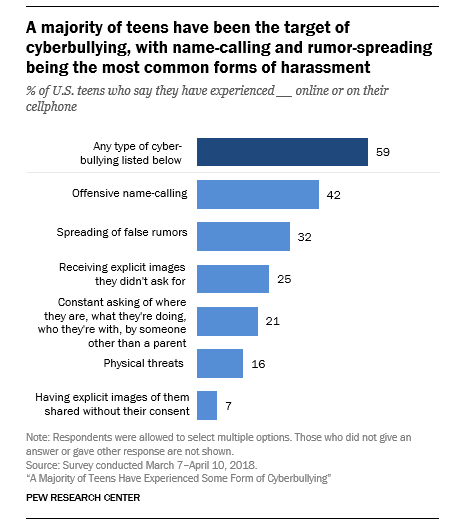Application of social media intelligence(2)
Related:
Application of social
media intelligence(1)
Money laundering:
Social media intelligence helps fight financial crime. In many cases,
communication takes place through social media, as this is often the platform where
threat actors typically hire helpers. This, in turn, allows investigators to join
these dots and identify groups engaged in money laundering.
Through
deceptive, and sometimes not so deceptive, advertisements, criminals recruit
ordinary people to act as their "money mules". Money is transferred into people's
bank accounts, only for them to move it to other accounts as a layer of security
against investigators. In the UK, 17,000 cases of these tactics were identified in
2020, 42% of which were between the ages of 21-30.
Human
trafficking:
With 83% of human trafficking incidents in 2020
occurring through online solicitations, investigators can use social media
intelligence to pick up signals and build cases against organizations involved in
these activities.
Human trafficking remains an ongoing problem as most
victims are forced into sexual labor. In many cases, those affected are minors, who
are tricked through various means.
Arms smuggling:
While
arms smuggling is a crime, people do not associate it with social media, and like
many other criminal activities, it is moving to these popular platforms.
Intelligence services can infiltrate private groups to combat these operations. The
connectivity of the platforms allows agents to identify, track and intercept illicit
trade.
When Venezuela banned the sale of small firearms between private
individuals in 2012, the arms market shifted to social media sites. In a year's
time, more than 23,000 rounds of ammunition of various calibers were sold through
the Facebook community.
Due diligence and background
checks:
Investigators can use social media intelligence to
identify potential risks by conducting extensive background checks. An individual's
online connections play an important role in these operations, as even the most
subtle connections to extremist groups, fraudsters or other unethical activities can
be identified.
With 71% of U.S. decision makers claiming that viewing
candidates' social media profiles is effective in applicant screening, it is easy to
see how our online presence impacts our lives.
Cryptocurrency/NFT
analysis:
The explosion of cryptocurrency and NFT during the
pandemic has led to a surge in criminal activity. Losses began to reach millions as
unfounded and fraudulent claims enriched investors. Social media intelligence was
invaluable in investigating many of these cases, as such scams often live and die on
social media.
Celebrity impersonation and phishing cases are common in the
cryptocurrency and NFT space. Pull up shipping schemes involving inspiring users to
buy items and then quickly selling everything for a huge profit is also one of the
tactics used by cryptocurrency fraudsters.
Cyberbullying:
Compared to 33% of adults, 59% of teens have experienced social media
bullying and the psychological impact can be devastating. Anxiety, depression and
suicidal thoughts are among the effects experienced by victims of cyberbullying. The
psychological toll it takes is enormous, compared to the staggering 87% of teens who
have witnessed cyberbullying. Social media intelligence techniques can be used to
flag and counteract such activity.

Brand protection:
In today's world, companies need a social
media presence. In many cases, these platforms are the primary way they communicate
with their customers. However, when cybercriminals invade and use a company's
influence to promote fraud - as happened via Twitter in 2020 - social media
intelligence becomes an important tool for investigating, identifying and locating
criminals.
When Twitter launched its premium blue checkmark subscription,
brand impersonators were able to verify their fraudulent accounts for a flat fee of
$8 per month. While the program was soon discontinued due to stricter authentication
standards, it caused billions of dollars in damage to many companies. For example,
shares of pharmaceutical company Eli Lilly fell 4.37 percent after a controversial
tweet was posted by an account with a blue check mark impersonating the company.